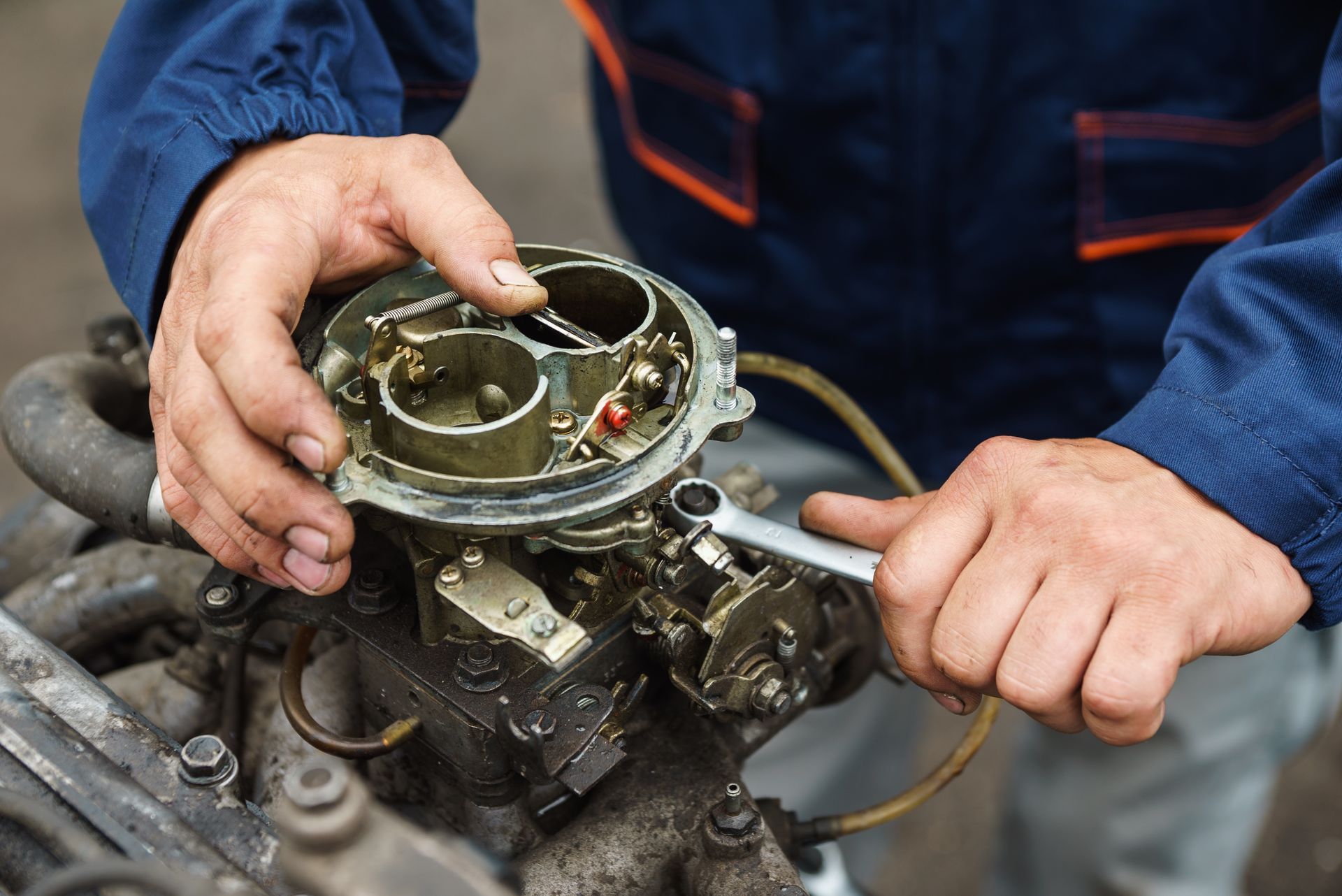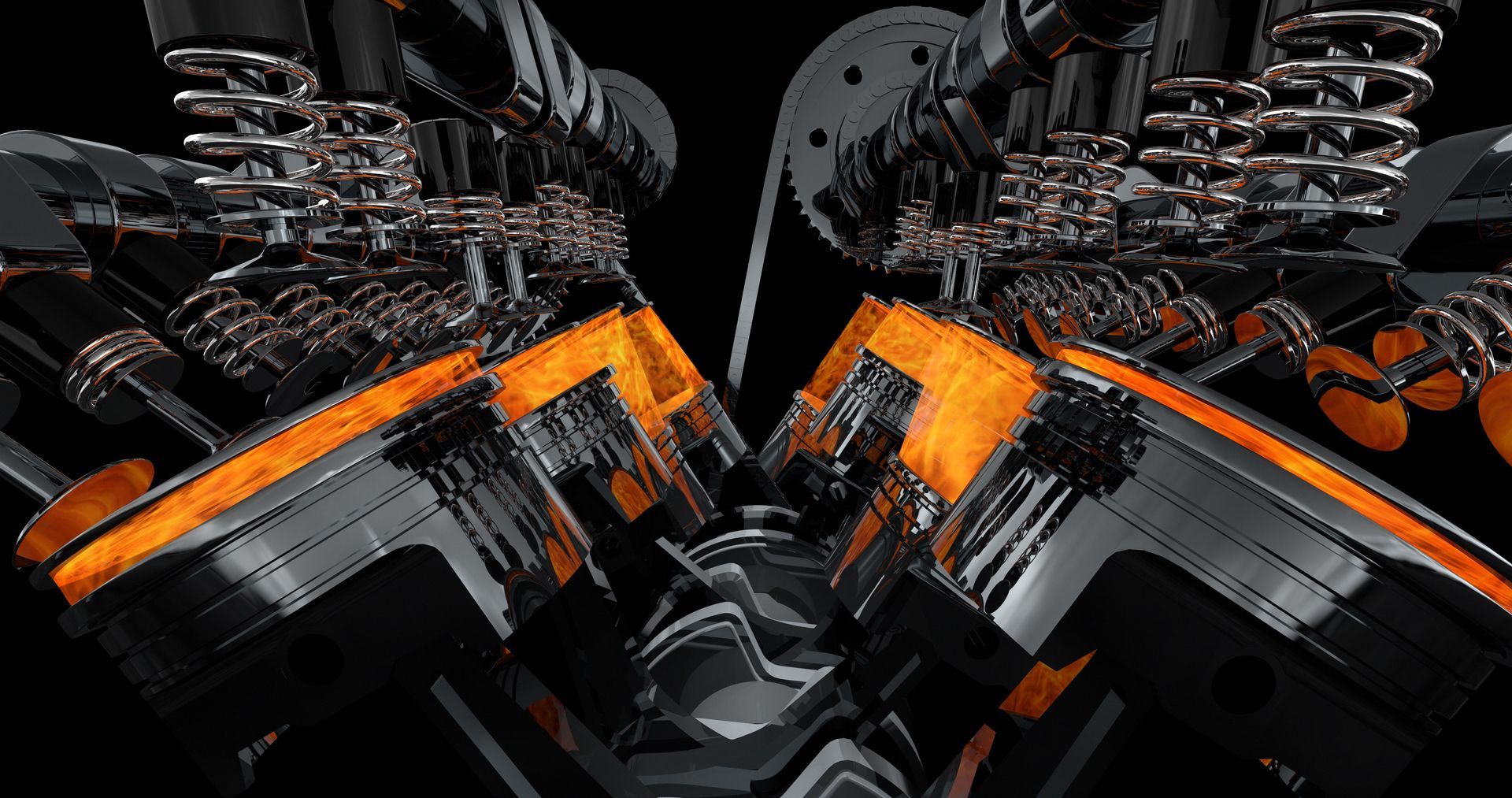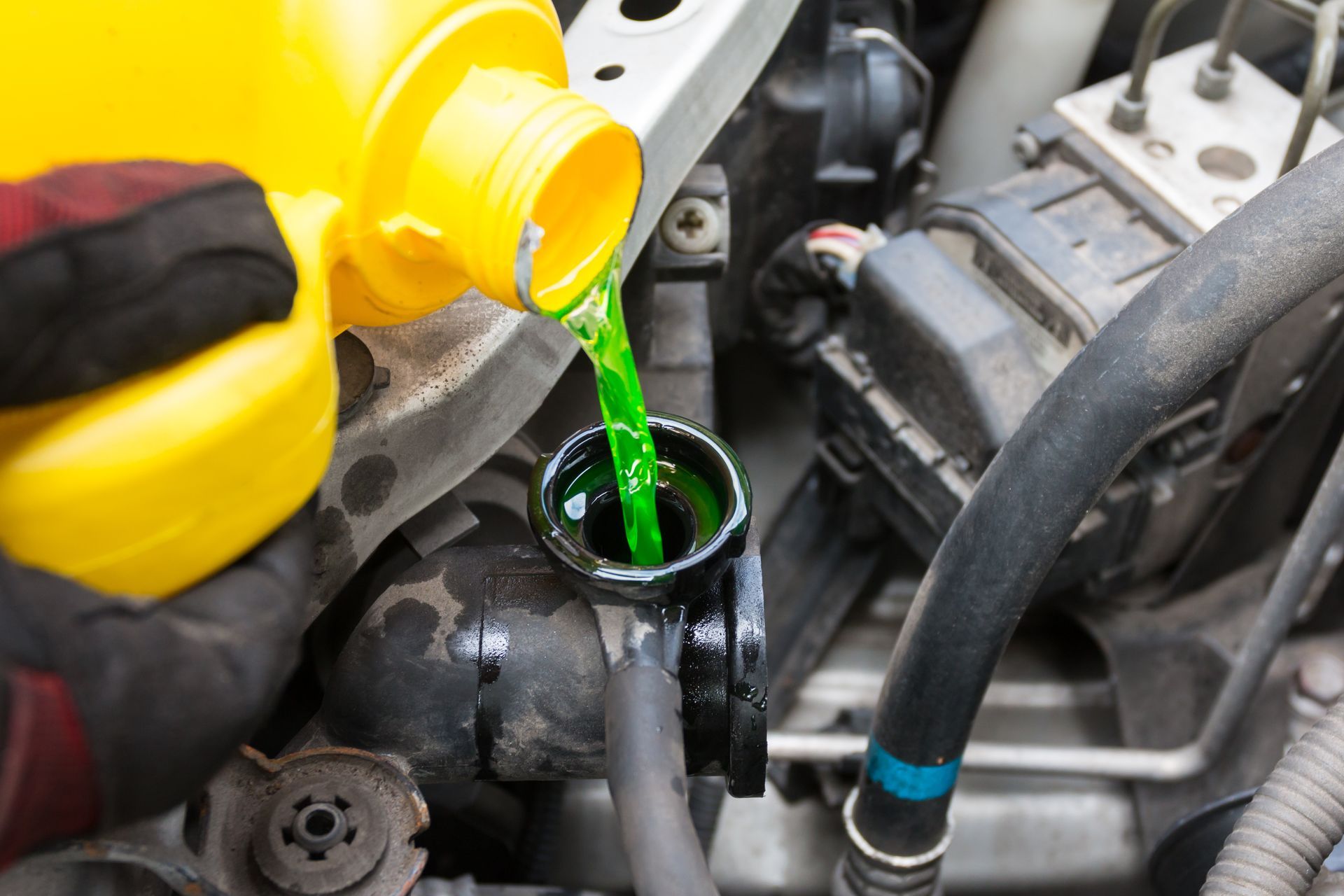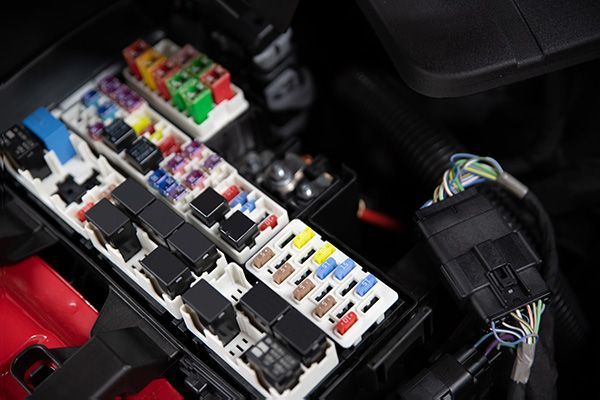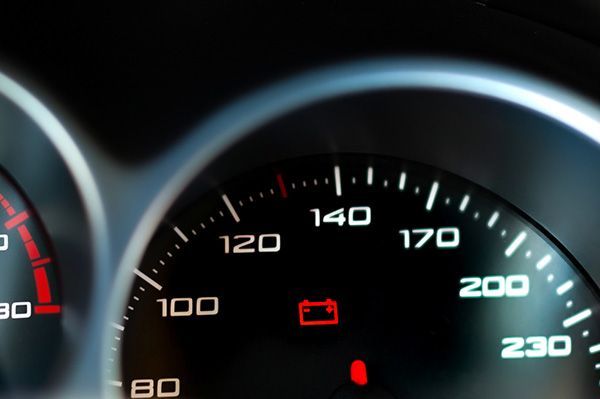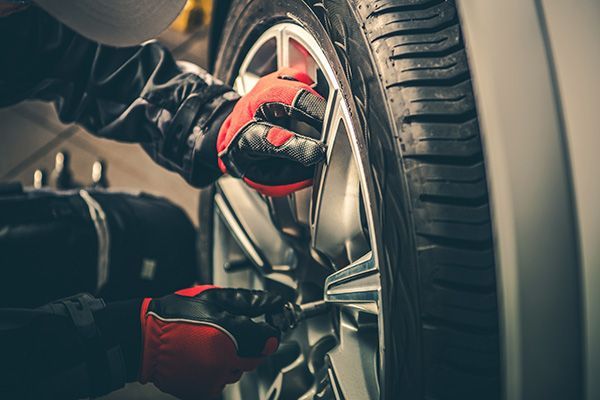Loading ...
Missing business hours data / Error occurred while getting the data.
BOOK AN APPOINTMENT
You do not have My Garage enabled.
Section under maintenance.
MY GARAGE
You do not have My Garage enabled.
Section under maintenance.
★
★
★
★
★
Review
My Garage
You do not have My Garage enabled.
Section under maintenance.
Loading ...
Missing business hours data / Error occurred while getting the data.
BOOK AN APPOINTMENT
You do not have My Garage enabled.
Section under maintenance.
Loading ...
Missing business hours data / Error occurred while getting the data.
FIND US
Loading ...
Missing nap lines data / Error occured while getting the data.

